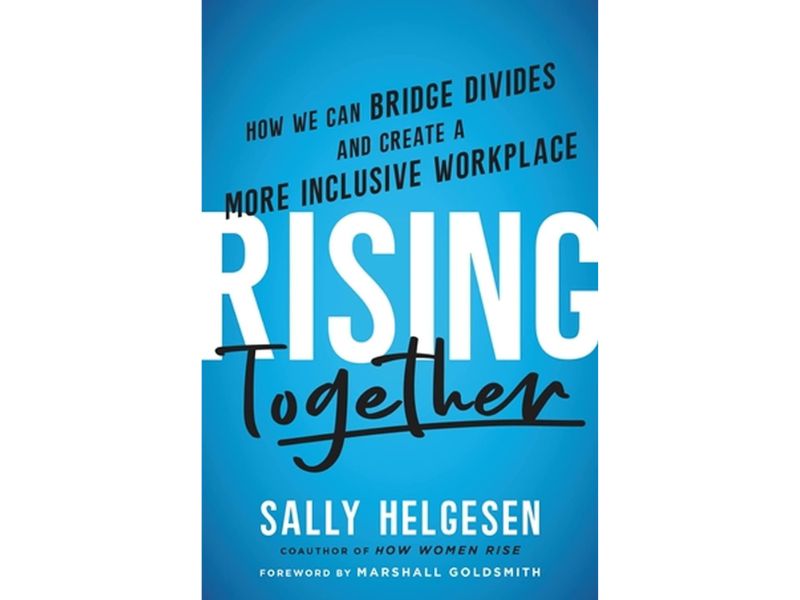
Has the diversity debate peaked?
Luckily, no longer do we think our business is safe as soon as we superficially conform and tick a few PC boxes. Instead, the whole concept of diversity has been recharged by leaders making the topic key in our quest for profitability and by updating dimensions it covers. Today, alongside gender, ethnic, sexual orientation and disability diversity, we also emphasise skills and age. It is great news that the power of diversity is now high on the corporate agenda. But the concern I hear expressed from so many directions is how we turn these discussions into action and competitive advantage.
One reason we are still reluctant to buy into diverse teams is that we like the conflict-free, quick decision-making of a homogenous team. But this is high-risk strategy; to avoid stagnation and remain ahead of competition we need to stir things up a bit; have bold debates and even clashes. IBM attributes their patent success (higher than in any other company for 25 consecutive years) to global diversity of skills and backgrounds.
Positive impact on innovation
Companies with above-average diversity in their management teams have innovation revenue (share of revenues from new products or services in the last three years) of 45 per cent, versus 26 per cent for those with below-average leadership diversity*. To maximise added value, diversity needs to be integrated on a strategic level. It needs to begin from the top and run through every level and every department.
Despite uncertainty over post-Brexit world trade arrangements, British businesses should be busy preparing for global competition. As we can’t afford to miss out on market opportunities, it is crucial to compare our teams to prospect markets. We should fill the gaps by constantly asking ourselves “who can create success here?”. A spokesperson from Apple commented “We know that if we want a product to appeal to and work for a big group, it needs to be built by a diverse group of people.” Corporate future-proofing of skill-set diversity needs to reflect the huge shifts around consumer behaviour and the digital revolution.
Solving the worldwide talent shortage
Another challenge is the likely imminent worldwide shortage of talent. What motivates different generations is part of it. The young workforce is heavily motivated by independence. More individuals will choose a ‘portfolio career’ over permanent employers. Today’s young employees also often assess a company’s level of social responsibility and include immigration and equal rights as passions.
To attract local talent in global markets, companies will benefit from training managers to become inter-culturally confident. In becoming more attractive as employers, we should move faster towards reducing gender pay gaps.
Your corporate culture is dynamic and you create it. Make diversity competence an obvious part of it. I recommend identifying natural ‘bridgers’* in the organisation, those with talent to connect with and unite diverse teams. Equally, expect challenges and continue to learn from experiences.
Looking at the future tells us that profit is highly dependent on speed and innovation. Let’s move even further away from quota filling towards getting the best and most unique mix of people for tomorrow’s success.
* Sources: BCG Study Diversity and Innovation, ‘bridger’ is Tim Hartford’s term
Angelica Carr also features as thought-leader on Mergers and Acquisitions in the June issue of Forbes Middle East
 About the author
About the author
Angelica Carr (CM&AI, ICF, EMCC), Founder of Aim Business Coaching, delivers talks on dealing with change in M&A for both senior management and employees. She is a Pritchett Certified M&A integration expert and executive coach, specialising in change and culture in business.
She is also the owner of and certified Executive Business Coach of her company, Aim Business Coaching, offering UK and global executive coaching, executive team coaching and meeting/conference facilitating. Her areas of specialty include M&A integration, M&A cultural due diligence, culture-in-business and change management, cross-cultural coaching, goal-setting/achievement and leadership development.








